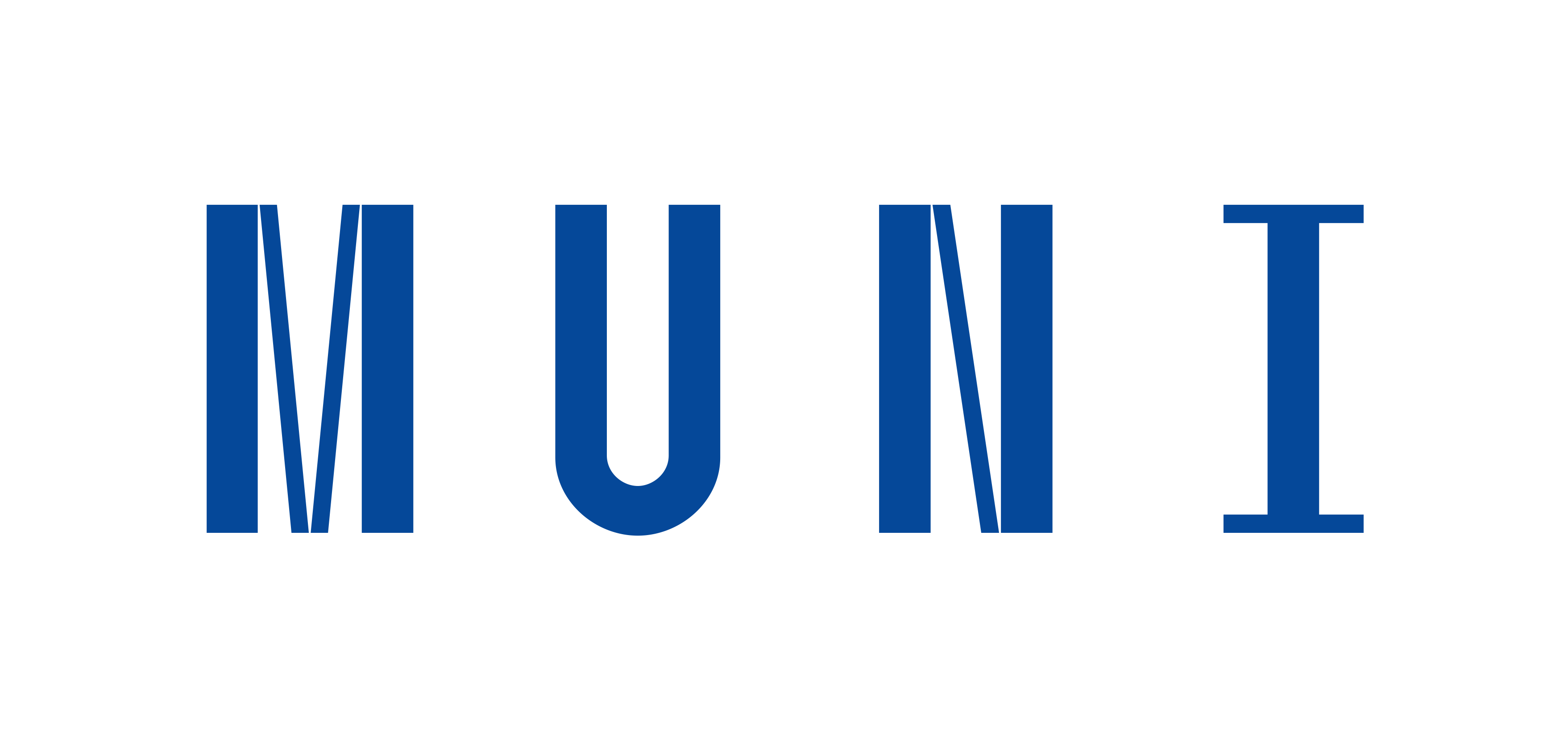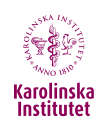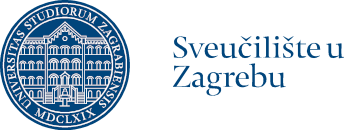The LEANbody Project
Background - the purpose of the project:
The World Federation for Medical Education (wfme.org) introduces an obligatory accreditation process for medical education institutions providing a medical curriculum in English. European medical schools in this category may not yet be fully eligible for WFME accreditation.
In particular, Human Anatomy course organizers from these medical schools are especially motivated to manage their excellent teaching work more effectively in multicultural and multilingual contexts of the 21st century. To do this they may wish to align their work with global educational sustainability agendas (Sustainable Development Goal 4 (SDG4), Objective 1 of WHO Global Strategy on Human Resources for Health: Workforce 2030).
A genuine and adequate Needs Analysis was prepared for this project and surveyed among all Central European anatomists in Hungary, the Czech Republic, and Croatia. The results of the analysis showed that over 70% of anatomists in this part of Europe know little about international quality standards of medical education, and have never heard of the concept of student-centered pedagogy or of assessment methods to measure the professional development of attitudes of their medical students or themselves, and admit to knowing little about mental health management principles at the workplace even though many of them are doctors themselves. Thus, this project has created useful learning materials and tools around these topics for anatomists.
What components of teaching traditions in anatomy can not be eliminated without significant loss in quality or prestige? Project participants exploring this question were leading anatomists from Central European medical schools (University of Pécs Hungary, Masaryk University Czech Republic, University of Zagreb Croatia) whose research was augmented by world-leading European anatomists (University of Cambridge UK) and educational developers from world-leading medical schools (Karolinska Institutet Sweden). We provide detailed information about the project Staff and their Institutions.
As the profile, experience, and activities of the participating organisations are highly relevant to the scope of the LEANbody project, our resources including a Guidebook may significantly help anatomists not only in Central Europe but also globally. To deliver sustainable, high-quality, student-centered anatomy teaching is a highly timely expectation of the doctors of the future. This project has created synergies between different traditions of medical education: between centuries-old teaching traditions of anatomists and student-centered pedagogies of contemporary professional educational developers.
The project is innovative, as it has created an online teachers training module (EDUC Course) accessible for any anatomists worldwide who are willing to adapt their teaching traditions to contemporary global developmental goals and standards. The project has created added value at the EU level through results that would not be attained by activities carried out in a single country, as relevant legal frameworks, teaching traditions, perceptions, and interpretations of global standards and concepts were analysed in different cultural contexts of each participating country.
| Attachment | Size |
|---|---|
| Needs Analysis-form_0.pdf | 140.85 KB |
| NEEDS-analysis-results_0.pdf | 335.98 KB |
| LEANBODY-bulletpoints.pdf | 198.41 KB |
| Teaching traditions in Numbers -LEANbody.pdf | 464.44 KB |
| interview_outcome.pdf | 616.51 KB |
| WHAT IS THE OPINION OF HUNGARIAN ANATOMISTS -results_0.pdf | 145.9 KB |






